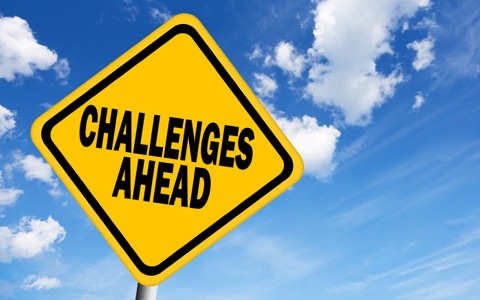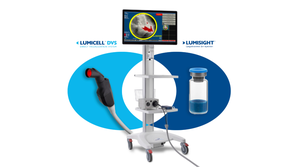Large and mid-sized medtech companies have had their eyes on emerging markets for a while now, but even the world's biggest medtech company is dealing with a difficult question.
September 3, 2015

Large and mid-sized medtech companies have had their eyes on emerging markets for a while now, but even the world's biggest medtech company is dealing with a difficult question.
Arundhati Parmar
Back in 2012, management consulting firm McKinsey & Co. published a piece that advised medtech companies to follow lessons learned from other industries to be successful in emerging markets.
It advised medtech firms to adopt seven strategies to accelerate growth and capture the mid-tier market that including moving away from a distributor led model to build presence and local insight, enable local experimentation and local decision making, and drive therapy adoption. The latter means to "be the leader in increasing device penetration, by helping develop treatment protocols and influencing patient funnels" according to the report.
Despite advice from experts, many medtech companies, including the largest - Medtronic - have had a tough going in emerging markets. In a recent interview with MD+DI, Medtronic's CEO, Omar Ishrak, candidly admitted that even after devoting resources, India still continues to be a big challenge.
"I agree completely that it’s been difficult and India remains the biggest hole in our emerging markets strategy despite a fair amount of attention, obviously not enough and not in the right areas. Otherwise we would have made a bigger difference," Ishrak said.
In Medtronic's first fiscal quarter of 2016 which ended July 3 , emerging market revenue was $935 million, which represents 13% of overall revenue of $7.3 billion and a 14% increase from the same period last year. Medtronic does not break out revenue by country, but in a conference call with analysts Ishrak did say that India is improving - revenue growth in that market increased by mid-teens from the same quarter a year ago,while Chinese revenue grew in the low double digits.
While China and India and other emerging markets have individual challenges, Ishrak sees a common thread of difficulty in all emerging markets in general. And it ties to the the advice from McKinsey of driving therapy adoption.
It appears that in places like China, India and other emerging markets, it is hard to drive therapy adoption when the referral chain - where a doctor will refer patient to a specialist who in turn will recommend a patient for a procedure that will bring him or her to the hospital is not well developed.
Here is Ishrak's take on it.
"if you have a hospital, in most emerging markets, the referral chain that feeds the hospital is not formal and in many cases doesn’t exist. In many countries, the training of doctors at different levels of care again doesn’t exist in the same developed form that you get in Western countries. So I think that addressing that referral chain in a very disease specific fashion is something that we should do much more aggressively.
Ishrak noted that governments in those markets are attacking the lack of a formalized referral chain that helps patients to get care quickly and efficiently, but they are doing so in broad, generic strokes. And that takes time, Ishrak believes.
"If you take specific diseases and make sure that for those specific diseases, the referral chain and treatment and training for proper deploymen of treatment is effectively done, then I think you will get to an impact much more quickly," he said. "So coordination our efforts in training, of infrastructure creation, of awareness building around certain populations rather than a generic effort in those areas is probably one thing I would change in the way we try to approach it and we are beginning to do it."
In other words, the market is not as well developed or formalized in emerging markets and those intending to leverage the opportunity there will have to invest to create it. And there is no question that emerging markets represent a big opportunity in medtech.
"Over the long-term, we believe strongly that the penetration of existing therapies into emerging markets represents the single largest opportunity in medtech," Ishrak said in the conference call Thursday. "In addition to standard market development activities, our differentiated approach of local channel optimization, government contracts, and private partnerships are all aimed at unlocking this opportunity."
Western companies are also looking at other ways to unlock opportunity including by building local presence. A big part of this is happening through fast and furious dealmaking. France's Essilor International leads the pack of Western acquirers of local medtech companies in emerging markets including Turkey.
Arundhati Parmar is senior editor at MD+DI. Reach her at [email protected] and on Twitter @aparmarbb
To learn more about medical devices and trends in the marketplace, attend the two-day MD&M Philadelphia conference and showcase. |
You May Also Like


